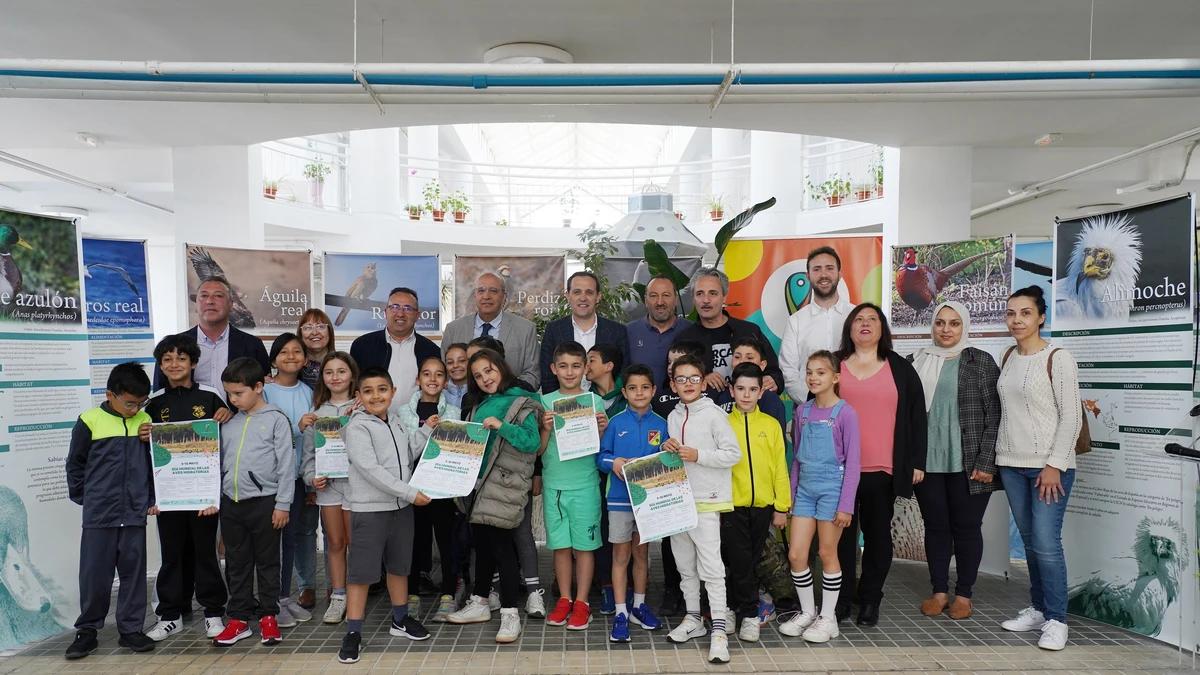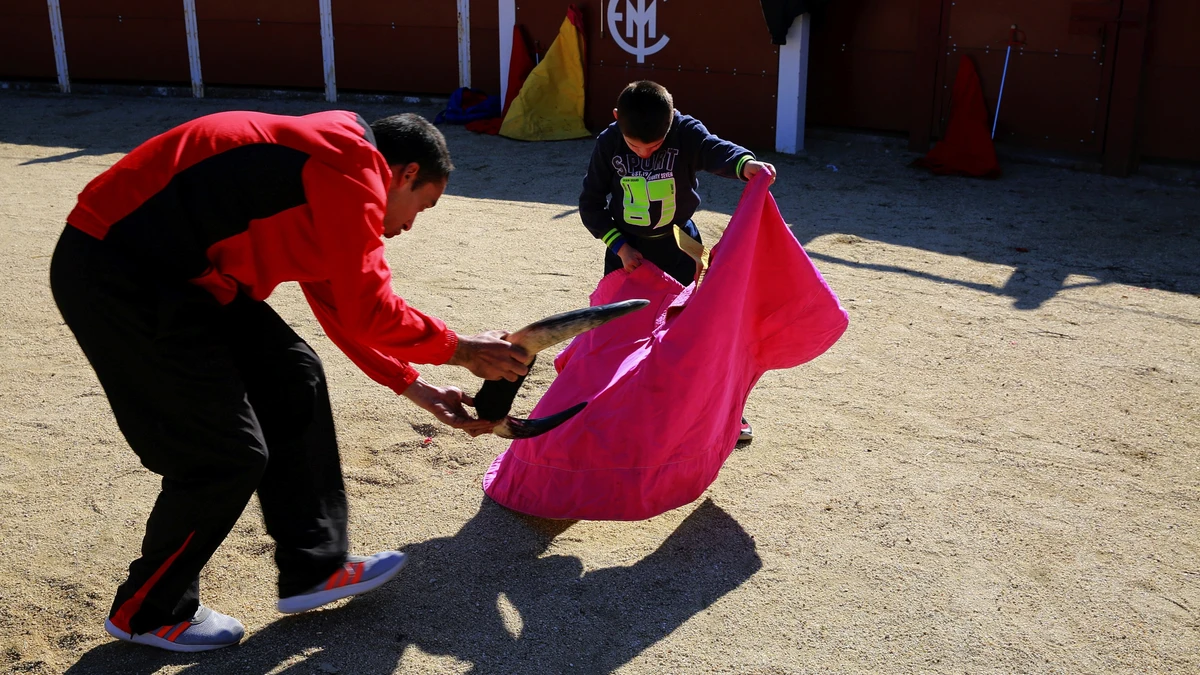Welcome to The Compost, a weekly newsletter on key environmental news impacting Southern California. In today’s edition…
No one likes change. Or so the story goes.
Climate change? Agreed. That’s the bad kind of change.
The changes we should make to slow global warming? After nearly two years on this beat, the biggest lesson I’ve learned is that those are actually, overwhelmingly, the good kind of change.
It’s change that means eating healthier foods and saving money by buying less junk. It means breathing cleaner air in our homes, as we use less natural gas/methane. It means really getting to know new people and places by embracing slower travel.
I’ve actually never been one to fear change. I’ve always been more afraid of missing out on opportunities because I’ve gotten stuck in my ways and overstayed my welcome.
That mindset drove my first big career pivot two decades ago. I was teaching high school English in Jurupa Valley when my principal asked me to take on the journalism program. I knew nothing about journalism at the time, but quickly fell in love with the profession. So I left in summer 2006 to be a student again myself — and I’ve still got the student loans to prove it!
Helping to shape the first draft of history has been part of my identity for the past 18 years. That’s what makes saying goodbye now bittersweet, despite my excitement over the changes to come.
This is my last week at Southern California News Group. Later this month, I’ll be joining the communications team at Ontario International Airport, helping to write newsletters and web posts and all sorts of content. My travel-loving heart has long favored our local airport, so I’m excited to jump onboard as they grow and to build on my passion for making travel accessible to everyone.
That means this is the last issue of The Compost, at least for now. In the meantime, I encourage you to check out and subscribe to some of the other great newsletters my colleagues put together, which often contain stories related to climate and environment issues. There’s Coast Lines for all things beaches and ocean and marine life. There’s The Road Ahead for all things transportation. There’s Down Ballot for your political news and The Localist for the best curated news of the day from around Southern California. Click here to find newsletters for your area and to subscribe for free.
I hope reading this newsletter has inspired some of you to adopt a new green habit at home or to venture out on a new-to-you hike or just to have a conversation about the diverse issues my talented colleagues have covered. It’s well past time to embrace such changes and to see them for the good they can bring — not only to our planet, but also to our quality of life.
I’m so very grateful to all of you who have trusted me with your stories over the past 18 years. Thanks to everyone who’s read my work, and to my fellow journalists who inspire me every day. And a special shout out to you Composters. Writing this newsletter over the past 14 months has truly been an honor.
Cheers to change, and let’s keep composting!
— By Brooke Staggs, environment reporter
ENERGIZE
Credit coming: One of my final stories is this tale about the largest climate credits to date, coming this month on utility bills for most Californians. I also look at how the cap-and-trade program that funds these credits is/isn’t impacting costs and might be tapped to do more to address skyrocketing utility bills. …READ MORE…
Fixed-charge plan takes shape: Speaking of utility bills… Regulators are now pitching a $24 fixed charge on all electric bills as part of a controversial plan to help stabilize rates. Rob Nikolewski at our sister paper the San Diego Union-Tribune has the story. …READ MORE…
REGULATE
New rules for trucks spark controversy: The Environmental Protection Agency just announced rules and deadlines aimed at cutting emissions from heavy-duty trucks and buses. The news quickly drew mixed reviews in Southern California. Our Donna Littlejohn, Jeff Horseman and Kristy Hutchings have the story. …READ MORE…
Quote in favor: “Today’s rule will improve the air we breathe and curb the pollution that is driving climate change.”
Quote against: “What this means for the Inland Empire is its status as a logistics center and the blue-collar jobs the industry provides will be under threat as it will be significantly cheaper and easier to purchase and operate trucks outside California.”
Trees on the agenda: Whittier has been discussing plans to remove 108 mature trees as it makes over the city’s main business district as part of the Greenleaf Promenade Project. But residents have been pushing back, Christina Merino reports. Now the city has announced a special study session to discuss the plan and possible alternatives. …READ MORE…
SIZZLE
It’s not your imagination: Since 1979, a new study shows climate change has made global heat waves move 20% more slowly — meaning more people stay hot longer — and happen 67% more often. We’ve got the Associated Press story. …READ MORE…
‘Unchartered territory’: Last year was Earth’s hottest year on record. While climate scientists have long predicted increases in global temperatures as humans continue to burn fossil fuels, Hayley Smith with the Los Angeles Times reports that last year’s sudden spike “blew far beyond what statistical climate models had predicted, leading one noted climate scientist to warn that the world may be entering ‘uncharted territory.” …READ MORE…
PROTECT
San Onofre risks debated: How risky is the spent fuel in dry storage at San Onofre Nuclear Generating Station? For her latest column, Teri Sforza talked to dueling experts who worry about very different things when it comes to where the greatest risks are and what should be done about those risks in the near and long term. …READ MORE…
Artificial reef welcomes sealife: And speaking of San Onofre… An artificial reef built to offset marine life killed by the seawater cooling system at the nuclear power plant is finally doing its job, reports Phil Diehl at the Union-Tribune. …READ MORE…
Owl plan ruffles feathers: Federal wildlife officials plan to kill half a million barred owls on the West Coast. They say it’s necessary because those types of owls are considered invasive and are causing problems for threatened northern spotted owls, which are native to the area. But Lila Seidman at the L.A. Times reports wildlife advocates are pushing back on the plan. …READ MORE…
TRANSPORT
Armed police or transit ambassadors?: With more attention on how drug use, violence and other problems are keeping people away from LA Metro (which isn’t great news for climate change or traffic), the agency made plans to create an in-house police department rather than rely on contracts with local agencies. But Steve Scauzillo reports that groups who represent low-income, transit-dependent riders recently rallied to push for Metro to focus less on armed officers and more on “Transit Ambassadors.” …READ MORE…
Rivian numbers up: Irvine-based Rivian Automotive built and delivered more electric vehicles last quarter than Wall Street expected, Ed Ludlow with Bloomberg reports. One analyst said the unveiling of the company’s new R2 model generated new energy for the brand. …READ MORE…
CELEBRATE
Autopia goes electric: It’s overdue good news, really. But that doesn’t make it any less grand to see our resident Disneyland guru Brady MacDonald report that the theme park is converting its iconic Autopia ride from gas to electric vehicles. …READ MORE…
Visitors walk through a bamboo forest at the Arboretum and Botanical Garden at Cal State Fullerton in Fullerton, on Thursday, March 7, 2024. (Photo by Mark Rightmire, Orange County Register/SCNG)
EXPLORE
Add this botanical garden to your list: Did you know there’s a 26-acre, world-class arboretum on the campus of Cal State Fullerton? Contributor Jenelyn Russo wrote about how the site recently got a new name to better align with its mission to serve as a living laboratory for the university. Along with regular visits, the Arboretum and Botanical Garden at Cal State Fullerton has a number of upcoming events that are also open to the public. …READ MORE…
Watch with care: Sure, Southern California isn’t in the path of totality for Monday’s eclipse. But that doesn’t mean we can’t still catch a cool show! Our Carolyn Burt has a story on local viewing events and places to pick up free eclipse glasses. …READ MORE…
PITCH IN
Support local news: For this week’s tip on how Southern Californians can help the environment… For my last tip in my last newsletter, I’ve gotta make a pitch to support local news. Revenue from ad sales used to do the heavy lifting to keep journalists employed writing the stories that need to be told. But as the internet and social media have upended that dynamic, we’re relying on subscriptions more than ever. There are volumes of research to show that corruption, quality of life and other factors worsen when local newspapers decline. And few people realize how much every other medium — from radio to TV news to social media posts — rely on local newspaper reporters uncovering stories first. Through our spring sale, you can get a digital subscription to your local SCNG paper for just $3. If you don’t already, I hope you’ll subscribe to support the great work my colleagues do every day to make the world a more informed, healthy, just and joyful place.
Related Articles
Setting prairies ablaze in springtime is key to restoring damaged ecosystems, conservationists say
Western honey bee colonies at risk of collapse, study finds
Second reported case of bird flu in a person in the US confirmed
Yes, beavers can help stop wildfires. And more places in California are embracing them
Watch for $245 in rebates from Edison and SoCalGas thanks to climate credit





